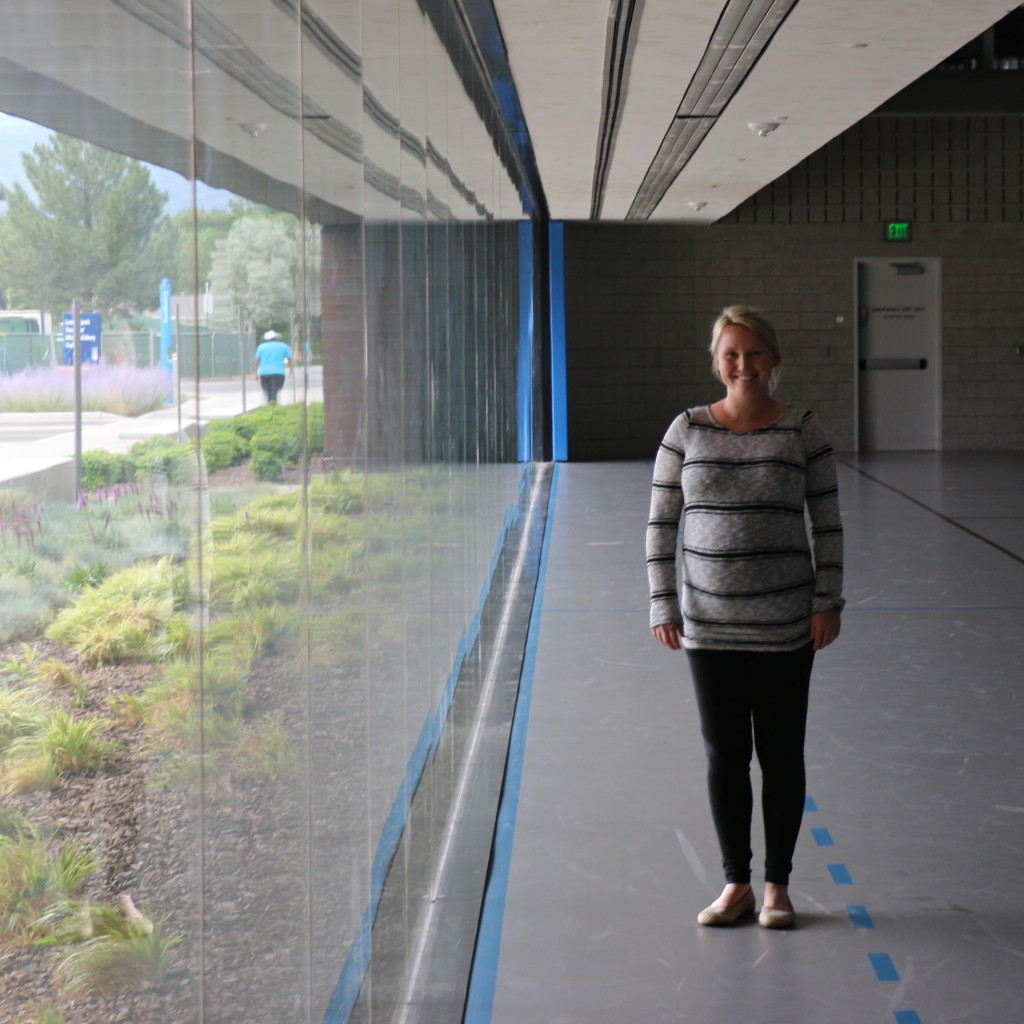For recreation and fitness coordinator Akayla Jaeke, forging a culture of sustainability on campus is an important part of creating a better future. After attending an orientation in early 2014, Jaeke joined the growing ranks of NAU’s Energy Mentors and has implemented numerous policies in Campus Recreation Services.
Department changes include switching to electronic instead of paper-based processes, using natural light when possible and encouraging employees to use stairs instead of an elevator.
“Learning ways to save energy and resources are transferable skills for home and life,” said Jaeke, who said sharing these ideas with employees and students has long-term benefits for everyone.
After learning about the vampire effect, caused by idle appliances sucking up energy, Jaeke began using power strips that are turned off at the end of the workday. She also began using them at home.
“I cut my energy bill by $40 a month and my bill was already small. This behavior change across campus could make a huge difference in NAU’s budget,” Jaeke said.
Following a recently completed energy efficiency project, NAU expects to save $1.5 million per year. Upgrades included retrofits such as lighting, heating and cooling upgrades, and low-flow toilets.
“We need to improve the energy awareness of the entire university community,” said Nick Koressel, who leads NAU’s Energy Mentors Program along with Avi Henn. Simple behaviors like turning off the lights when leaving a room add up over time, he said, and educating faculty and staff about how to talk to colleagues will significantly reduce campus greenhouse gas emissions.
The Energy Mentors program recently reached 100 participants, a number Koressel would like to double in the short term. To become a mentor, employees attend a 90-minute orientation and share information with coworkers when they return to the office.
NAU also participates in the national Eco Rep Program, targeted to students and others living on campus, who can reduce energy use by making behavioral changes.



